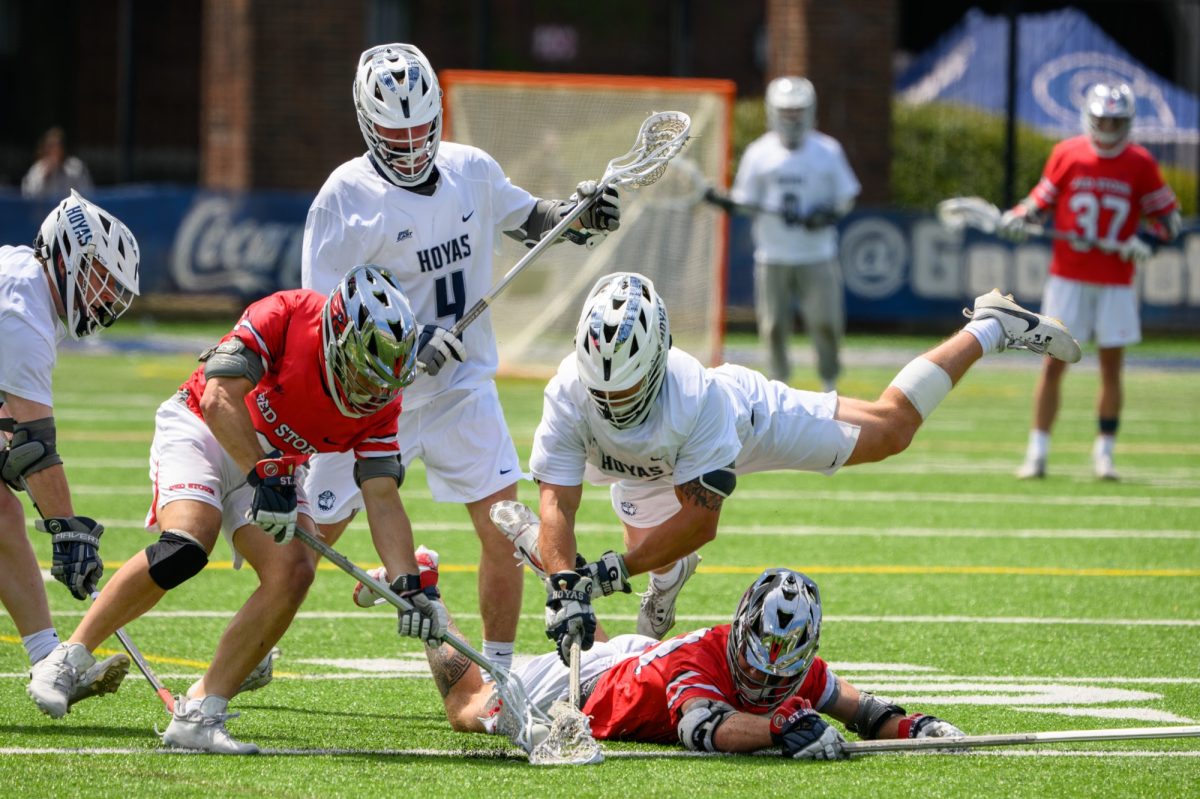When Paris Saint-Germain faced Lyon on Sunday Oct. 7 in France’s top soccer league, Ligue 1, standout 19-year-old forward Kylian Mbappé stole the show with an astonishing four goals in 14 minutes.
Mbappé’s performance overshadowed a more significant takeaway from the game: The gap between PSG and every other French club team has reached an absurd level.
To prevent one-team dominance in every league, regulations should be implemented that exclusively apply to the biggest clubs, rather than broad guidelines like those implemented by the Union of European Football Associations.
UEFA’s current rulings only make it harder for smaller clubs to grow.
In FiveThirtyEight’s global club soccer standings, Lyon is the only French team other than PSG to rank in the top 50. By thrashing Lyon 5-0, PSG has solidified its position as head and shoulders above even the next best team in France.
In fact, just nine games into the season, FiveThirtyEight gives PSG a 98 percent chance of winning Ligue 1.
At this point, the only games PSG must even take seriously are Champions League fixtures against other European heavyweights. The rest of the team’s matches are simply opportunities for star players like Mbappé and Neymar to show off their skills and boost their statistics. PSG’s dominance of French soccer underscores the degree to which money now determines a club’s success.
For most of the club’s history, PSG was largely a mediocre team, winning Ligue 1 only twice between 1974 and 2011. In 2011, however, businessman Nasser Al-Khelaifi and his organization Qatar Sports Investments acquired the club.
Since then, PSG has spent over €1 billion on transfer players, including a world-record €222 million transfer fee for Brazilian superstar Neymar.
PSG is not the first soccer team to benefit from enormous financial contributions from a foreign businessman. Russian tycoon Roman Abramovich has spent over $2.97 billion in the last 10 years on English club Chelsea, which he has owned since 2003.
In today’s era, mid-tier European clubs are simply left with no ability to compete. Any clever business maneuver, marketing campaign or transfer gamble that a mid-sized club owner might make to try improving his club’s standing can never match the money from owners with vast personal wealth.
UEFA, which theoretically regulates clubs to maintain competitiveness, has in fact made the inequalities worse.
According to a study from the Technical University of Munich, UEFA’s 2012 Financial Fair Play Regulations solidified the existing hierarchies by setting barriers that discourage investment in smaller clubs.
The lucrative nature of star-filled teams encourages organizations like UEFA to protect the wealthiest clubs and block smaller ones from growing, as UEFA can profit off a handful of competitive Champions League games each year that draw huge audiences.
Yet, as these inequalities have grown and poor regulation has continued, domestic leagues are becoming much less competitive, which is to the detriment of clubs that are not already worth billions of dollars.
The history, enthusiasm and tradition of domestic leagues make soccer unique. In the new era of commercialized soccer, when a team like PSG can rapidly conquer its country’s sport, that tradition is clearly in jeopardy.















